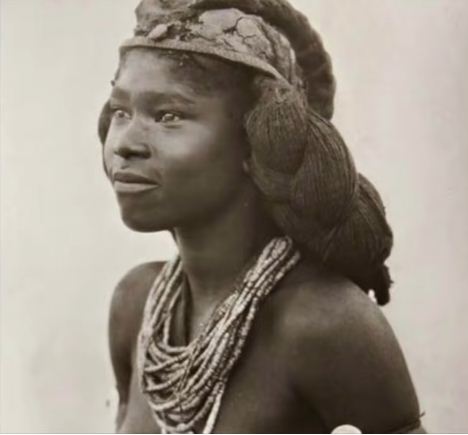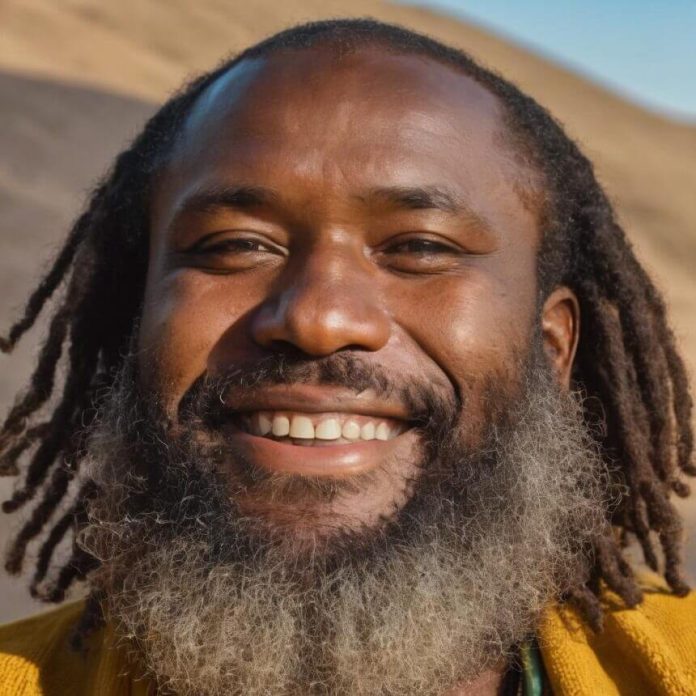In a world where grooming and personal care habits vary widely across cultures, one practice stands out as a bold departure from the norm: not shaving.
While smooth, hairless skin is often considered the epitome of beauty in many societies, there exist cultures where the idea of shaving is not only uncommon but entirely non-existent.
From ancient traditions rooted in spiritual beliefs to modern-day movements challenging conventional beauty standards, these cultures shed light on the varying perspectives surrounding body hair and grooming practices.
Here are some fascinating cultures that have chosen to embrace natural hair growth over the centuries.
1. Rastafarians

Rastafarians are among the most famous cultures that don’t shave. It’s possible to see a few with clear heads and faces, but that’s not the norm. Most Rastafarians adhere to the rule of no shaving, which leaves them with long beards and dreadlocks.
Many Rastas take the Nazarite vow, declaring that they won’t shave their heads or beards. Not only don’t Rastas shave, but they also never comb their heads, hence dreadlocks. They prefer to live naturally, letting their hair take its natural course without human interference.
You may also want to check: 10 Rastaman Beliefs You Should Know
2. Sikhs

Sikhs who practice Sikhism tend to have long hair since their culture and religion prohibit shaving.
Every Sikh practices Kesh, which is the practice of letting one’s hair grow naturally.
Doing so is seen as a sign of respect for God’s perfect creation. Sikhs are required to comb their hair two times a day with a khanga (a small wooden comb).
Kesh falls under the five Kakaars, which are the outward symbols commanded by Guru Gobind Sign in 1969. It’s how Sikhs profess their faith. After the ritualistic combing, the hair is tied in a joora, or a knot of hair held in place with a khanga.
3. Mbalantu

Mbalantu is a community that lives near the southern tip of Angola. One noticeable trait, especially of the Mbalantu women, is the fact that they don’t shave their hair. In fact, Mbalantu women are regarded as African rapunzels.
Some people believe that African hair can’t grow long. But, the Mbalantu women have set the record for the longest hair.
Girls start growing their hair from an early age and use different natural home remedies to promote growth and nourishment.
4. Chinese

It’s popular in the US and other Western cultures to shave body hair. However, some parts of the world prefer leaving them alone. A good example is China, where Chinese women don’t shave their armpits. Some even get advice from doctors against shaving body hair as it’s seen as an ‘unhealthy’ practice.
5. Japanese

Did you know that the Japanese don’t shave pubic hair? The reason is, they adhere to set cultural and traditional rules. Many Japanese prefer maintaining traditional aesthetics of natural beauty. That’s why you won’t find many people in Japan shaving pubic hair.
The practice dates back to ancient times, when people believed that shaving pubic hair leaves you without protection from sexually transmitted diseases.
6. Taliban

Taliban is a militant group that’s now in charge of Afghanistan. Perhaps one of their most recognizable traits is the fact that men don’t shave their heads or beards. The rule wasn’t effective when US forces were in Afghanistan, but it’s back now that the Taliban are back in charge.
Taliban prohibits men from shaving beards, which originates from a harsh interpretation of the Koran. Anyone who violates the ‘no shaving’ rule set by the Taliban is punished. They even prohibit complaining about not shaving beards.
7. Hasidic Jews

The last culture that does not shave includes the Hasidic Jews, a group of Orthodox Jews who strictly adhere to traditional Jewish beliefs and practices.
It’s common to come across Jewish men rocking a beard or overgrown sideburns. That’s because the Torah prohibits shaving the corners of their heads. Leviticus 19:27: ‘Ye shall not round the corners of your heads, neither shalt thou mar the corners of thy beard.’
Judaism follows the teachings in the Torah, which includes the book of Leviticus. Here, there’s mention of the corners of the beard, and that explains why Jewish men never shave the sides of their faces.
However, there’s a different instruction for priests in the Book of Ezekiel that prohibits them from shaving their heads.
It seems the instruction not to shave the corners of the beard originates from the Book of Jeremiah as a mourning custom. It may also have been a way for Israelites to reduce the influence of other cultures.
Also Check:
People adhere to different cultures and rules, including not shaving their heads, beards, armpits, and pubic hair. The origins of these practices vary, with some rooted in religious beliefs and others in cultural traditions. Nevertheless, they highlight the richness and variety of human customs and traditions, encouraging us to embrace and respect the diversity found within different societies.



